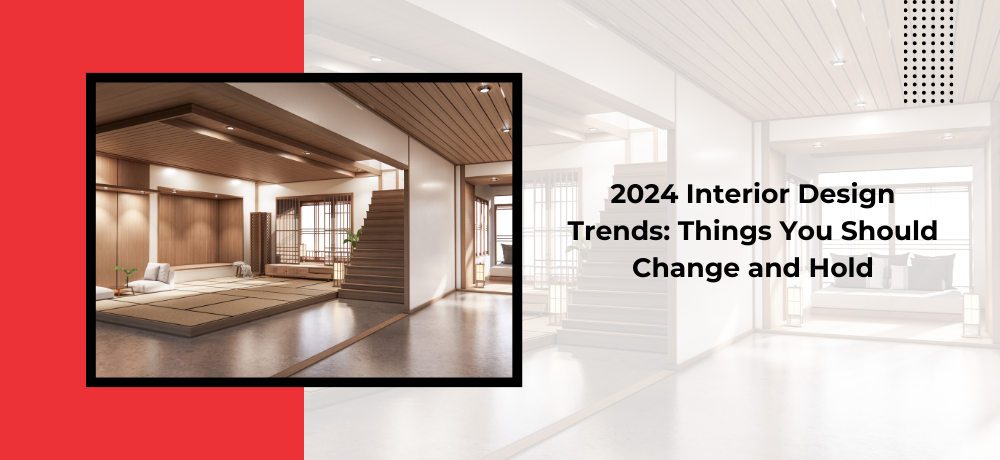Key Factors for an Efficient System Architecture Design
In the rapidly evolving landscape of technology, the success of any software or application hinges on its underlying system architecture. Whether you're developing a groundbreaking mobile app, a robust web platform, or a complex enterprise solution, the efficiency of your system architecture design plays a pivotal role in determining performance, scalability, and overall user satisfaction. In this blog, we'll delve into the essential elements that contribute to crafting a robust and efficient system
Scalability: The Architectural Bedrock for Sustained Growth
In the realm of system architecture design, scalability is not just a feature but a foundational principle. An architecture designed with scalability in mind ensures that a system can gracefully accommodate growth, whether it's an expanding user base or an increasing load on the application. We will meticulously explore the strategies and best practices employed by architects to weave scalability seamlessly into the fabric of their designs, ensuring that the architecture is a catalyst for sustained and unhindered growth.
Performance Optimization: Elevating Architectural Prowess for Unmatched User Experience
Beyond the aesthetic appeal of user interfaces, the core of a remarkable user experience lies in the swift and efficient performance of an application. A well-crafted system architecture goes beyond the surface, focusing on intricate details such as optimizing database queries, leveraging caching mechanisms, and adopting performance-oriented design patterns. Dive deep into the methodologies architects employ to fine-tune system performance, ensuring that every interaction is not just smooth but remarkably responsive.
Fault Tolerance: The Architectural Armor Against Disruptions
In the ever-evolving digital landscape, disruptions are not a matter of 'if,' but 'when.' Architects, therefore, weave a safety net into their system architectures to anticipate and gracefully handle failures. This section will unravel the architectural principles of fault tolerance, redundancy strategies, and the implementation of graceful degradation. Discover how architects construct a robust architectural armor, ensuring that the system remains resilient even in the face of unforeseen challenges.
Security: Fortifying the Digital Fortress Through Architectural Vigilance
In an age where data breaches and cyber threats loom large, the role of security in system architecture cannot be overstated. Delve into the layers of security measures, encryption protocols, and authentication mechanisms that architects strategically embed within their designs. Learn how security becomes an integral part of the architectural framework, fortifying the digital fortress and instilling user confidence in the reliability and integrity of the system.
Flexibility and Adaptability: Architectural Strategies for Navigating Technological Evolution
The architectural landscape is not static; it evolves rapidly. A rigid system architecture risks obsolescence in the face of emerging technologies. This segment explores the significance of designing architectures that are flexible and adaptable. From the implementation of microservices architectures to the application of modular design principles, understand how architects ensure that their creations not only withstand the test of time but also evolve seamlessly with emerging technological paradigms.
Join us on this enlightening journey through the intricate world of system architecture design. Whether you're a seasoned architect or an aspiring developer, understanding these key factors is paramount to creating systems that stand the test of time and deliver unparalleled performance. Let's unlock the secrets behind crafting efficient, scalable, and resilient architectures that form the backbone of cutting-edge digital experiences.
Get in touch with Civilcan Engineering Inc. today!
To learn more about the services we offer, please click here . To contact us, please click here or call us at (416) 890-9048 .










